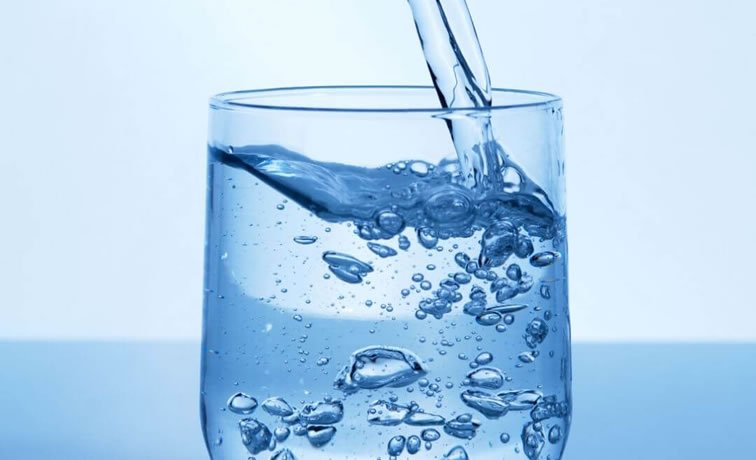Water Management in Emergency Situations
After the disaster, the issue of water safety is of great importance in terms of human and environmental health. Whether there is a disaster alarm or not, climate change is not the only cause of the ongoing water problem, but a large part of drinking water resources are lost as a result of wrong water policies. For this reason, starting the activities related to the correct water management early will help to control the possible problems that may occur in emergencies.
Drinking and domestic water are the most important needs in disaster areas. In cases where unhealthy and dirty water is used in areas where the water distribution infrastructure is damaged, or if polluted water is spread to the environment, epidemic diseases will begin to threaten the society. In order to prevent this, first of all, the accessibility of the society to clean water should be checked. The physical, chemical and bacteriological analyzes, especially the chlorine value, should be made by taking samples from the waters that may be suitable for use from the city network. Risky waters should never be used. The waters that can be used should be disinfected first.
Chlorine and chlorinated compounds are preferred for the disinfection of drinking and domestic water. This is due to the fact that chlorine is a strong disinfectant, is effective against many pathogenic microorganisms, can control water in terms of taste and odor, is easier to apply compared to other methods, and is economically advantageous. The disinfection effect of chlorine depends on the amount of active chlorine in the water, pH, contact time of chlorine with microbes and water temperature. All these parameters should be evaluated together. In this context, it is important to take the free chlorine measurements, which will be applied regularly every day, together with the pH value, in order to control the disinfection efficiency in that region. The chlorine values that can be found in drinking and utility water are determined by law. Permissible chlorine levels should be checked in the relevant regulation. In extraordinary circumstances, the legally required level of chlorine in water can vary, so the relevant law should be checked.
Calcium hypochlorite and sodium hypochlorite are the most common chemicals for disinfection of drinking and domestic water. The products should be stored in light-proof, tightly closed drums, in dry and cool storage conditions. Sodium hypochlorite is available in liquid form (5-15% chlorine content), while calcium hypochlorite has granular, powder and tablet forms (65-70% chlorine content). The product must remain in water for a certain period. The application should be made by an authorized person with personal protection. It is very important to pay attention to whether powder chlorines contain cyanide, cyanide-containing powder chlorine cannot be used for disinfection of drinking water.
It is vital that the emergency planning of water resources is ready so that people can meet their drinking and domestic water needs with appropriate quality water in case of disaster. People's prior knowledge of disinfection practices, tests and product storage conditions will provide convenience in terms of controlling the process when they encounter it.

